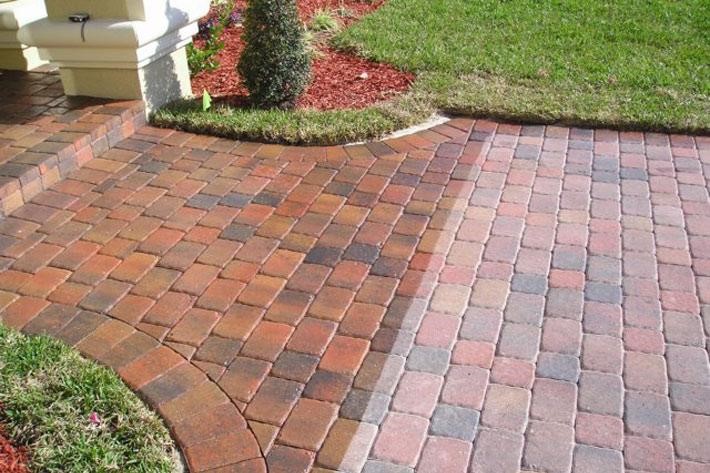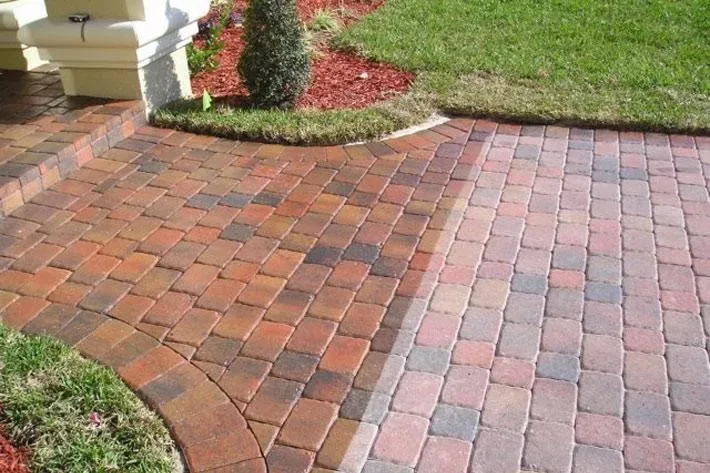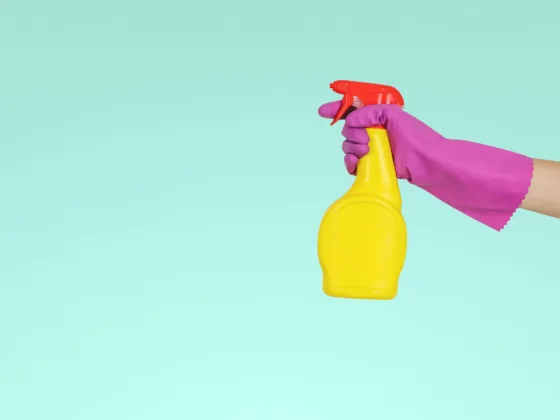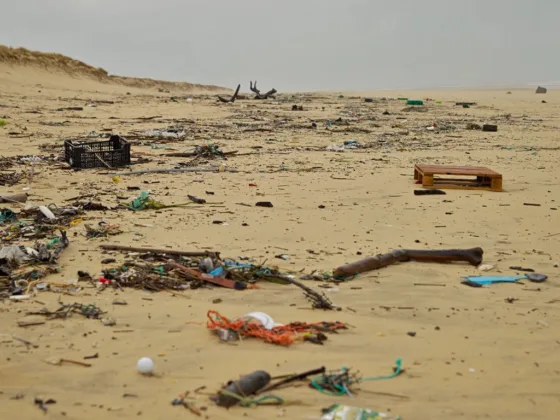The exteriors of a property speak volumes about its condition. This includes the exterior walls, landscaping, patio furniture, and the driveway/ walkway.
The walkways or driveways add beauty to the entrance of your property and most property owners tend to use exquisite stones and bricks to complement the visual attractiveness of their property.

Unfortunately, some tend to cut corners on the installation costs by not opting for paver sealing.
This compromises the structural integrity of the paver and even if one stone is missing, it can easily ruin the aesthetics and catch the attention of the observer.
We are assuming that you are reading this article because you are also contemplating the choice as well.
Hence, we shall list out the pros and cons of Paver Sealing services in Jacksonville, FL.
Why Is Paver Sealing Opted For?
Most common pavers are made of clay, granite, concrete block, stone, and slate. These are strong yet lightweight owing to being porous materials.
Yet, constant wear and tear, as well as direct sun exposure, can cause the top layer to be worn off. Additionally, rainwater and dust can enter inside to corrode internally.
Moreover, the pavers can absorb grease and oil and become discolored. This discoloration will cause the specific paver stones to stand out like a sore thumb.
Paver sealants work as a protective layer on top of the paper that only requires to be reapplied once every 3-5 years.
Paver sealants are available in two varieties: penetrative and wet-look sealants. Irrespective of the sealant type, it should protect the paver from the weather elements, and stop staining by creating a protective layer on top of the pavers.
The layer also helps in maintaining the color of the paper. It easily flows into the gaps and crevices to stop weeds or moss from growing there.
Read Also:
Advantages of Paver Sealing
Preserve the Appearance
Shortly after the pavers are newly installed, sealant application can help preserve the material beauty and protect it from wear and tear.
Depending on the sealant type, your pavers can get a glossy finish and UV protection that makes them new even after years.
Once the sealant is applied, your paver gets a polished and clean look. While the sealant doesn’t alter the color of the paper, the finishing can enhance the hue of the material.
Weather Resistance
As mentioned earlier, the pavers are made of porous materials. Rainwater and moisture can easily enter inside and cause erosion internally.
In colder areas, the water can freeze over and cause the paver to crack from expansion. Sealant application will create a weatherproof layer that protects the underlying paver from rainwater seepage and harsh sunlight.
The sealant also acts as a binding agent that stops the pavers from bulging or expanding due to excessive heat. Hence, you have a uniform layer that is highly stable.
Wear and Tear Prevention
Once the sealant layer is dried, it becomes a sturdy layer that can absorb most shocks from daily usage.
Moreover, a sealant layer can last from 3-5 years which means it increases the lifespan of the pavers by the same.
If a sealant is not applied, sand and other elements can get trapped in the joints between two pavers and when moist, would cause weeds, grass, or moss to grow between them.
This can cause the gap to widen, causing the adjoining pavers to buckle or develop cracks. This can cause unstable surfaces which is a tripping hazard in the most unfortunate situations.
Easy Applications
Depending on the manufacturer’s guidelines, a sealant can be applied in sunny climates with temperatures between 50-90oF which is the ideal Florida climate.
For areas with lower temperatures, solvent-based sealants are available. The key is that the water content in the sealant should be evaporated and the paver should be dry to the touch before being used.
Sealant application is easy with a paintbrush/ roller or you can even spray it onto the paver surface. Certain paver manufacturers also provide pre-sealed pavers that can be directly laid.
Stain-free Pavers
Oil and grease leave behind stubborn stains and this is bad news for pavers used in driveways. The porous material absorbs the grease and is affected by stains.
While it doesn’t affect the purpose of a paver, it can be an eyesore from an aesthetic point of view. The sealant doesn’t allow the grease or oil to percolate inside and keeps them stain-proof.
Protects the Foundation
Water entering the ground in absence of sealant can work its way into the property’s foundation.
If there are cracks in the foundation, the water can wreak havoc and rot it from the inside. This in the long run would compromise the structural integrity and invite expensive repairs later.
The water-repellent property of the sealant paired with the paver slope can easily guide the run-off water to the nearest drain.
Highly DIY-friendly Activity
The setting of the paver should be left to the professionals such as First Coast Softwash but sealant application can be done yourself instead of looking for a paver sealing company.
A sealant can be purchased from a local lumber supplies provider and all you require is a brush or roller for application.
Depending on the paver dimensions, you can take it up as a weekend project. Make sure you are aware of the zoning regulations in your community.
Cons of Paver Sealing
Requires frequent Maintenance
Sealants are not eternal. As mentioned, sealants last anywhere from 3-5 years and you need to reapply them then.
Moreover, any debris present needs to be regularly cleaned as it may hamper the sealant quality.
Very Easy to go Wrong with Sealant Application
The right amount for sealant is very difficult to determine. Depending on the sealant material, over spraying can cause the area to look cloudy instead of glossy.
Moreover, while spraying it is vital to ensure the wind doesn’t carry the droplets far. This not only compromises the layer uniformity but also contaminates your shrubs, bushes, gardens, or lawn, killing all the affected vegetation.
The sealant is a skin irritant, hence you need to wear specialized protective equipment while spraying paver sealant.
The Sealant Process Takes Time
A sealant cannot be applied immediately after the paver is set. The moisture from the installation can be trapped inside and cause unforeseen damage if not let out before applying the sealant.
For non-film sealants, the waiting time is at least one week, whereas it is 30 days for protective layer sealants.
Care needs to be taken that while the sealant is curing, it should be free from any debris or contaminations.
Cost and Durability
Inexpensive sealants are thinner and can break down faster when compared with expensive options. Depending on the quality, the reapplication cost varies.
Wrapping Up
Unless you have factored in the cost of sealant, new paver installation may affect the sealant choice.
The pros outweigh the cons and it is wise to consider paver sealing Jacksonville, FL company while planning your pavement installation.
The only use case where you can skip the sealant application process is when the property is not being used much or has very less chance of getting stained.
Aaron’s Pressure Washing is based in Jacksonville, FL, and offers paver sealing services in nearby areas.










